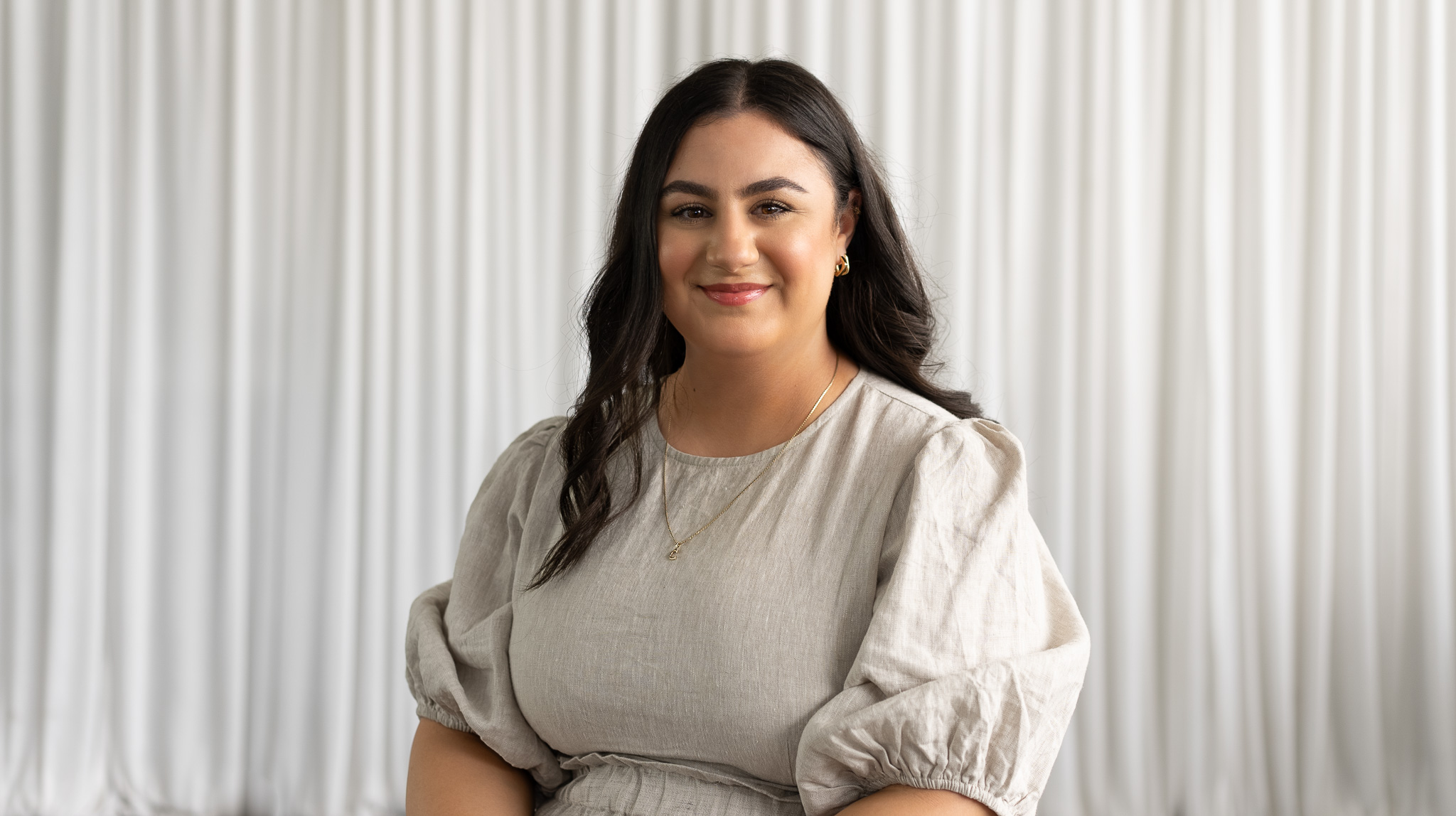Obsessive Compulsive Disorder (OCD)
Supporting Your Child with OCD
Obsessive-Compulsive Disorder (OCD) is a mental health condition that is characterised by recurring, unwanted thoughts (obsessions) and behaviours (compulsions) that the individual feels they cannot control. As a parent, it’s important to recognise the signs and characteristics of OCD so early intervention is possible. Being informed, seeking appropriate treatment, and providing a supportive home environment is essential for helping your child manage OCD.
We understand the stress and anxiety surrounding a new diagnosis. Don’t hesitate to reach out for help and support, and remember that you are not alone in this journey.




